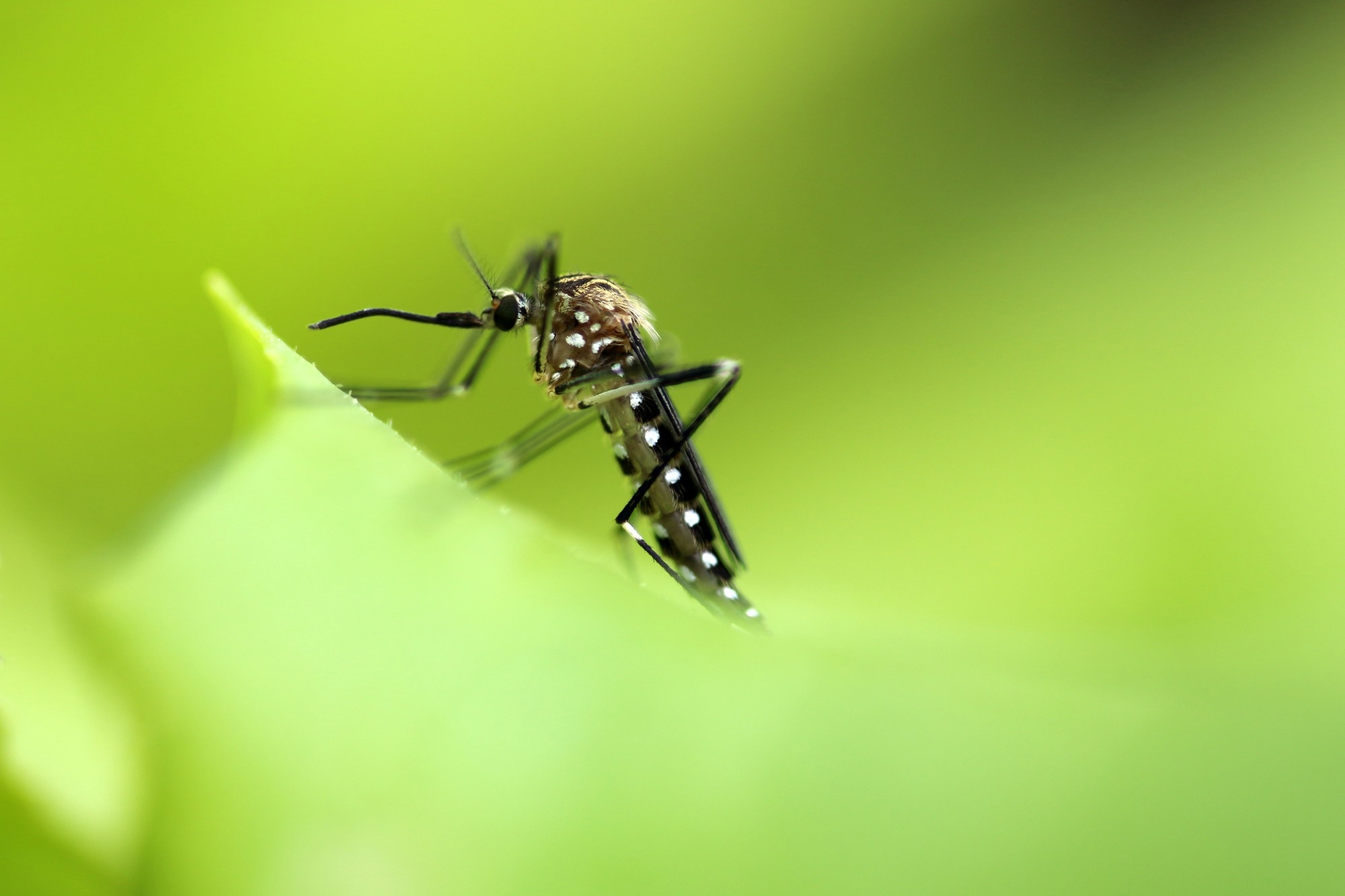Political, climatic, and socio-economic changes related to technology, transportation, and food security have positively and negatively impacted society. They have affected the distribution patterns of parasites and arthropod vectors, leading to foreign pathogens in new geographical areas. This incidence could eventually pose severe threats to public health. Globalization has also aided the emergence and spread of infectious diseases. Recently, researchers reviewed the incidence and management of emerging parasites and vectors associated with human and veterinary organisms. This review is available in a special issue of the journal Acta Tropica.
 Study: Emerging parasites and vectors in a rapidly changing world: from ecology to management. Image Credit: Eileen Kumpf / Shutterstock
Study: Emerging parasites and vectors in a rapidly changing world: from ecology to management. Image Credit: Eileen Kumpf / Shutterstock
Different Aspects of Emerging Parasites and Vectors
As a result of climatic changes, parasites can now thrive in a variety of environments. Further, they influence other diverse parasitic agents' distribution and occurrence patterns. For example, research has shown that soft and hard ticks infest humans in Brazil. It is hypothesized that deforestation-led environmental changes will lead to a geographic expansion of some tick species and the pathogens associated with them.
Additionally, researchers are actively studying invasive mosquito species of public health and veterinary concern. The presence of Aedes koreicus and Aedes japonicus has already been reported in Northern Italy and is almost certainly spreading to European countries soon. Other insects of veterinary importance (e.g., biting midges) have been studied in some parts of Algeria, which are vectors of several pathogens. Evaluating their distribution and composition could be vital for planning control strategies.
The impact of wildlife on the emergence of parasites has been analyzed in several studies. The Ixodes ricinus ticks on the roe deer are known to carry a variety of arthropod-borne bacteria. Further, a large tick diversity in birds along with Rickettsia spp. was reported in a study conducted in the Brazilian Atlantic rainforest. Soft ticks were found inside a house in Brazil and were seen to be molecularly positive for human blood. This finding raises concerns as it shows how proximate these primarily wildlife ectoparasites and their pathogens are to humans.
It has been shown that replacing native forests with monocultures, such as pine plantations, could influence the spread of orally transmitted parasites (e.g., Giardia spp.). A series of dermatological conditions in humans are associated with parasites of zoonotic concern. Protozoa, helminths, and arthropods are the key parasites leading to these conditions. Researchers have analyzed these parasites that cause cutaneous wounds and proposed the most appropriate treatment options.
Management Strategies of Parasitic Diseases
Scientists worldwide have been developing strategies to prevent and control the transmission of parasitic diseases. This is extremely important because parasites influence several mechanisms that hinder the efficacy of many drug classes.
Biological tools, such as fungi, have been popularly used to manage parasitic diseases; however, this approach is extremely expensive. Recently, another method, assisted autodissemination technique, has been developed, which requires further improvements before implementation. In this technique, target arthropod vectors are introduced with entomopathogenic fungi, which directly or indirectly act as propagators to other pests.
Extensive research has been conducted to manage endoparasites associated with veterinary and humans. For instance, strategies have been formulated to eliminate Trypanosoma evansi, the causal agent of surra in camels from Africa. Surra is a disease due to the blood-borne parasite T evansi, transmitted through biting flies.
Improvements in the national veterinary services capabilities, such as disease diagnosis and control methods, have helped control T evansi. Additionally, the application of integrated management and increased host resistance through their improved immunological status has helped control T evansi.
Doxycycline has been used for the slow-kill treatment strategy for Dirofilaria immitis infection in dogs. This treatment focused on eliminating Wolbachia endosymbiont and reducing the level of microfilaria in the blood.
Highly reliable and sensitive diagnostic tools are pivotal in managing parasitic diseases. It is important not to solely target the disease in the vertebrate hosts to manage parasitic diseases. Instead, it could be beneficial to control the vector population. Interestingly, Germany-based honey-baited Flinders Technology Associates (FTA) formulated a strategy to detect the circulation of the Usutu virus in mosquito populations. This technique could be used in large-scale surveillance programs for the early detection of parasites.
Conclusions
The current study underscored the importance of monitoring invasive arthropod vectors, as they can introduce foreign pathogens in geographical regions, adversely affecting animals and the human population. Furthermore, global warming and globalization have played a key role in assisting the change in the global distribution patterns of pathogens. Therefore, it is high time to invest in developing alternative management strategies to alleviate parasitic diseases' socio-economic impact.